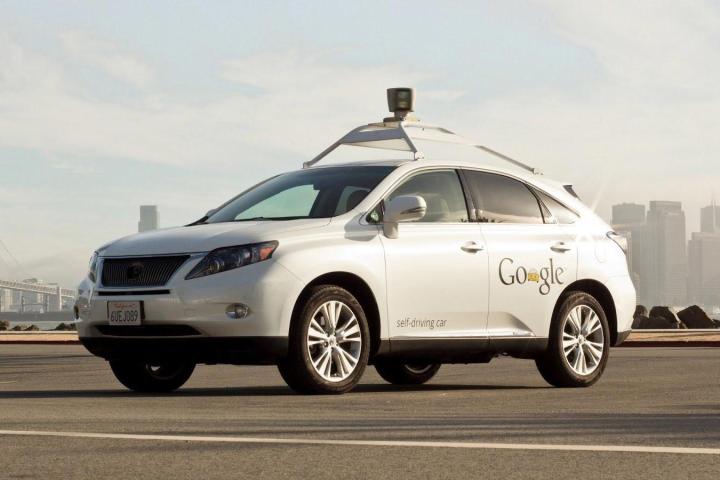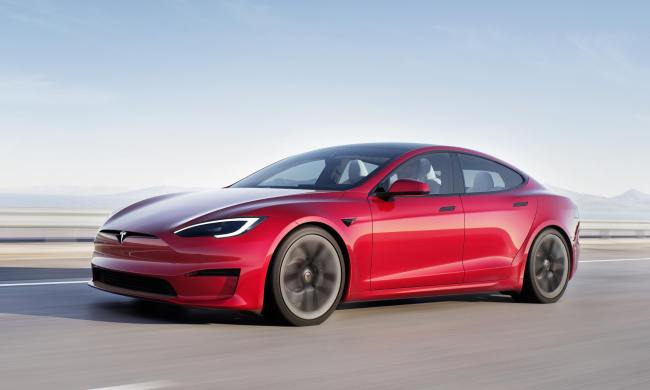
Detailed extensively in a study published by the Eno Center for Transportation recently, a significant transition to the self-driving automobile within the United States could end up saving thousands of lives per year, reduce the total number of car crashes by 75 percent and save hundreds of billions in accident related costs. Of course, this would require an extremely high adoption rate of 90 percent within the United States. That’s approximately 115 million automated vehicles operating on the road.
Specifically, the nonprofit estimates that the number of lives saved per year by eliminating the majority of fatal crashes in the U.S. would be around 21,700. It would also reduce the total accident number from 5.5 million per year down to 1.28 million, much of which would be attributed to the remaining non-automated vehicles on the road. Regarding financial savings, the group estimates a savings of $960 per year for each automated vehicle on the road as well as $3,100 in comprehensive costs per car.

Also interesting to consider, mass adoption could lead to a 60 percent reduction in freeway congestion and a 25 percent reduction in fuel costs. This would be particularly advantageous for people that live in extremely congested cities like Los Angeles. Due to the probable low rate of accidents with a majority of automated vehicles on the road, the group estimates that the average lifespan of a vehicle would be around 15 years. The study also contains estimates based on a 10 percent and 50 percent adoption rate of self-driving vehicles, a more probable scenario over the next decade.
Of course, there are many barriers to even reach a ten percent adoption rate of automated vehicles within the United States. The most prohibitive barrier to entry is cost with price estimates currently hovering around $100,000. It’s unlikely that the cost of the highly technical systems used by automated vehicles will drop under $10,000 within the next ten years. Other issues pointed out within the study include licensing issues, potential litigation costs, the security of the software running the automated systems and the privacy of the data stored by the automated vehicle.


